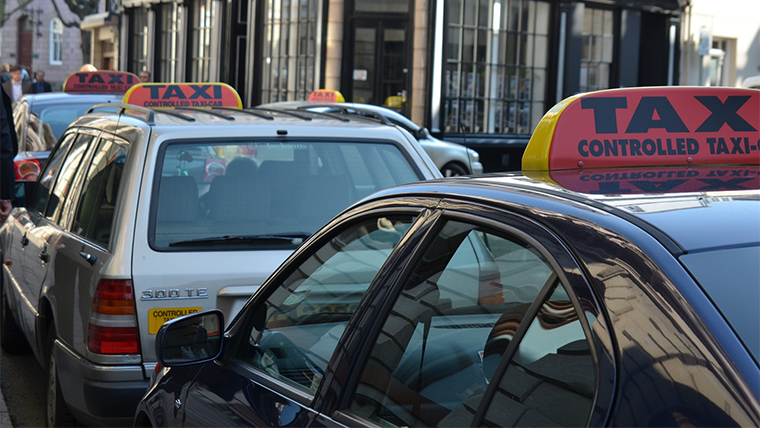
| 

Uber, the app which has been changing the way the taxi market works across the world, has again had its licence to operate in London rejected. Transport for London has highlighted several serious concerns about the way in which Uber and its drivers work in London, especially concerning insurance for the cars themselves, and identity verification for the drivers.
Fake Identities
One of the most shocking revelations in the Transport for London licence refusal was that over 14,000 Uber journeys had taken place with a driver who had faked their identity to log into the Uber app. This is all down to the way in which the Uber software worked, which allowed an unverified driver, who hadn’t uploaded proof of driving licence, car insurance or a DBS check to upload their details as an additional driver on an approved account. This driver was then free to pick up customers.
Uber has responded to Transport for London’s findings, saying that the company is taking steps to close loopholes in its system and stop this happening again in the future. However, Transport for London has made it clear that they cannot be confident in the processes and procedures put in place by Uber in London.
Continued Operation
Although the news of Uber’s licence refusal was all over the news, the company and its 45,000 drivers are continuing to pick up passengers across the capital. There is a right to appeal against the decision, and while any appeal is being considered, Uber can continue to operate. There is also the side issue of Uber’s licensing in other parts of the UK; if unlicensed and unverified drivers can pick up passengers in London, does that mean they are doing the same in other towns and cities in the UK too?
What Should Be Happening?
Just as with all taxi companies, Uber has a legal obligation to check up thoroughly on the people who are applying to work with the company. There has also been ongoing legal wrangling over whether Uber drivers are self-employed or employed, but Uber still has the responsibility of checking up on people registering with their app before letting them loose on customers.
All taxi drivers, whether they drive for Uber, are self-employed or work for a longer established taxi company have to come up to a basic standard. Uber should be making checks on their right to work legally in the UK, that they have the correct driving licence and that the car they will be operating in is up to scratch too.
The keystone to all checking done by Uber – and all other employers – is to make sure that the person applying for the licence matches up with all the other identity documentation which is being provided. This isn’t always easy. The sheer volume of applications from people who want to be Uber drivers increases the possibility that someone will slip through the system. In order to regain their licence to operate in London, Uber will have to convince Transport for London that they have tightened up security in their processes and closed all previous loopholes.


